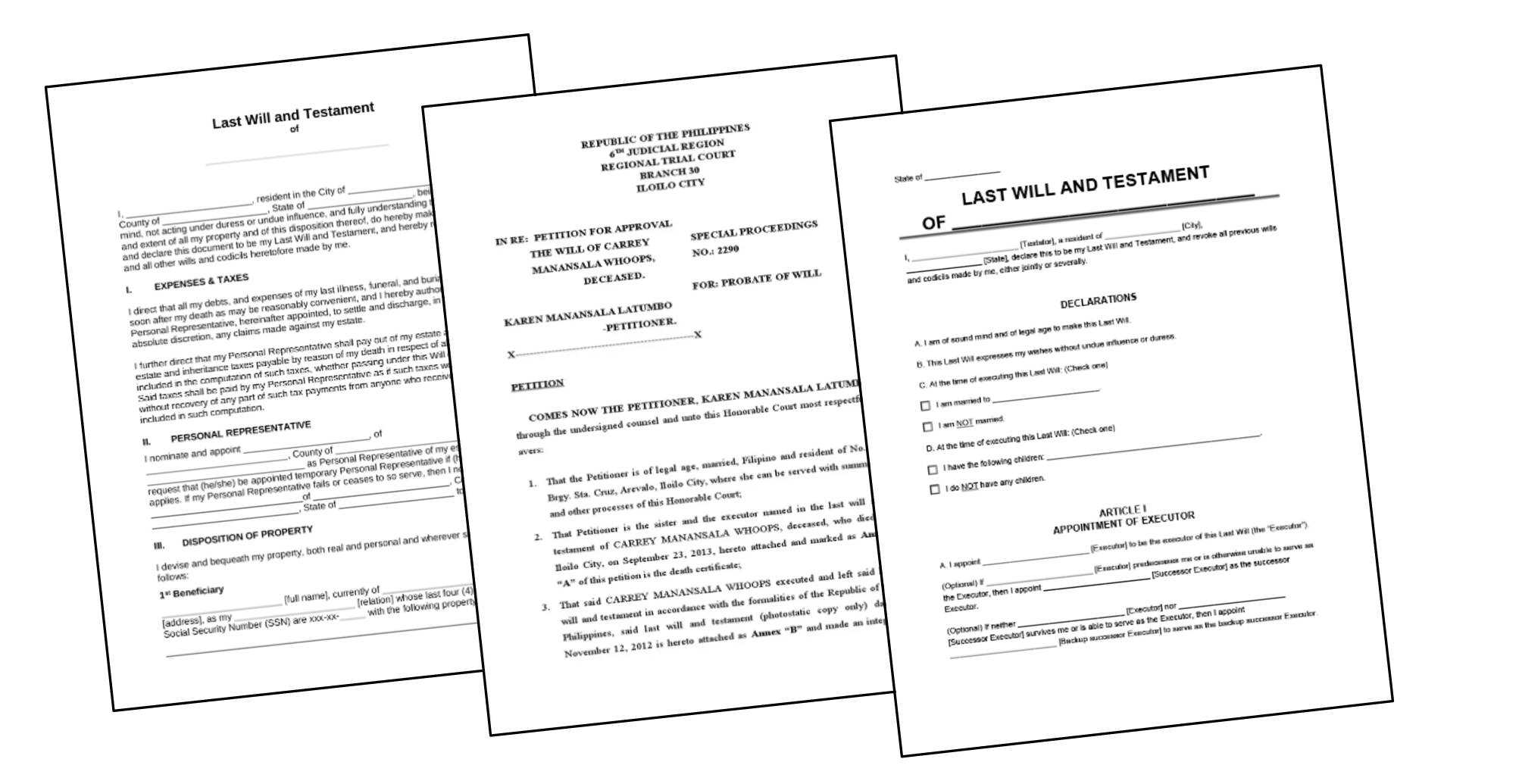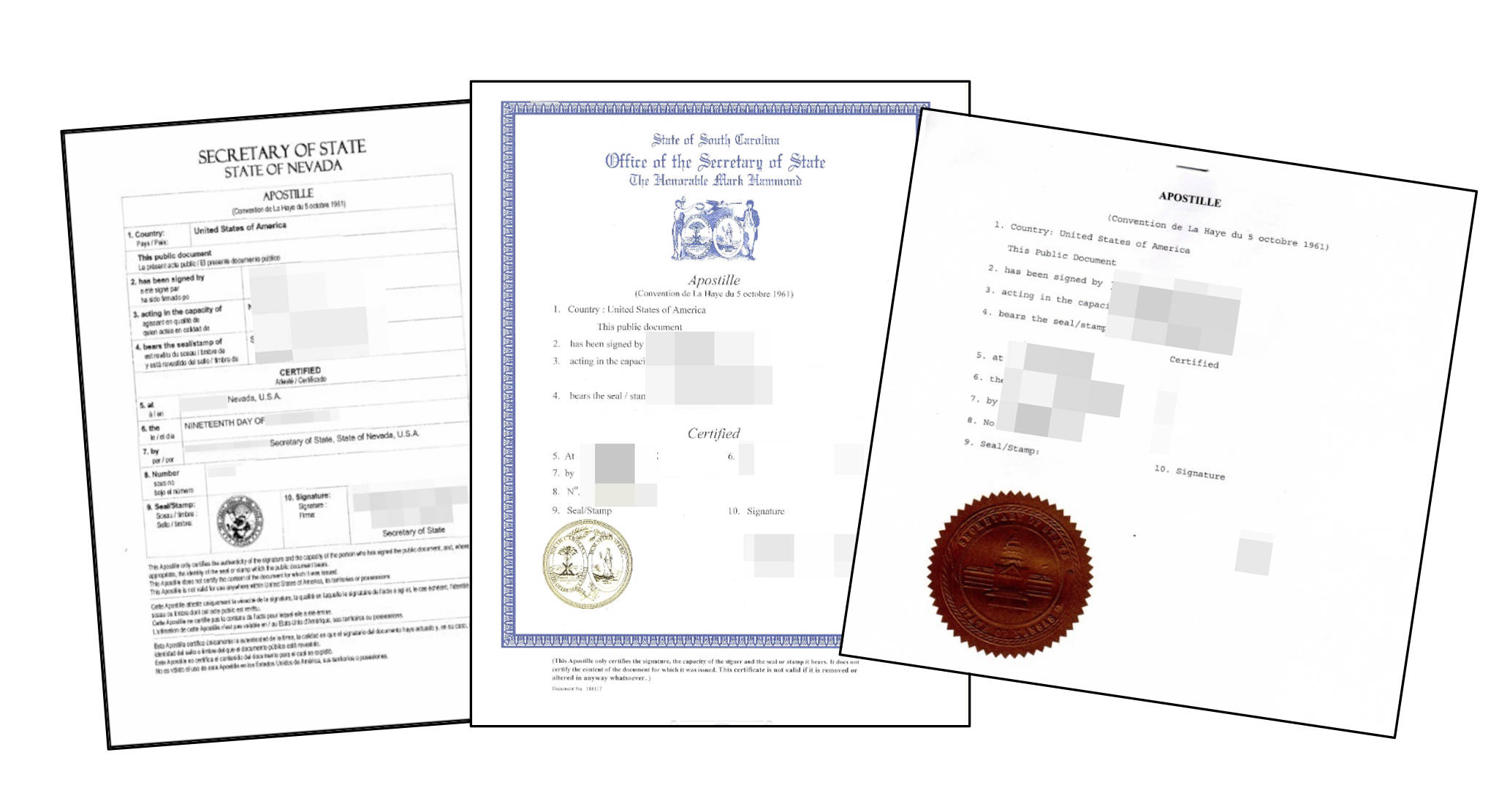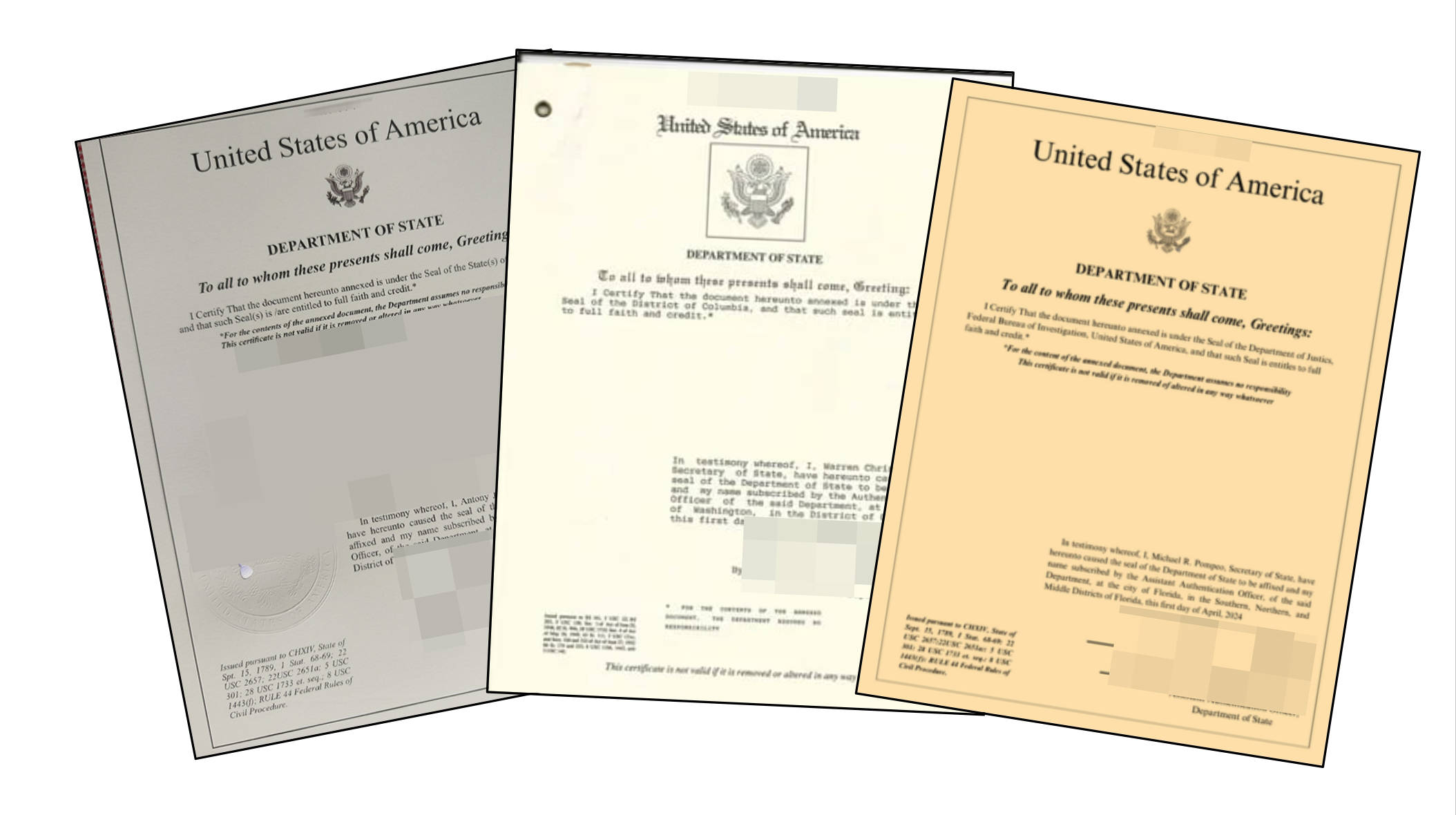U.S. will probate Hague certification and consular certification.

When dealing with legal issues related to overseas assets, many people feel overwhelmed by the complex procedures and technical terms, sometimes even discouraged. This is especially true when handling a will made in the United States or obtaining Hague certification or consular certification for U.S. documents. The process can be stressful.
Below, we will explain these seemingly complicated steps in the simplest way possible. Whether you are planning for your family’s future or navigating the complexities of cross-border asset distribution, understanding these procedures can help you avoid unnecessary difficulties and give you greater peace of mind.
What Is U.S. Probate for Wills?
Probate is the legal process in which a court verifies the authenticity and validity of a will after the person who made it has passed away. In the United States, this process is essential.
Imagine you are in a foreign country and need to prove that a will is valid to ensure the rightful beneficiaries receive their inheritance. Probate serves as a “green light” for the legal transfer of assets. Without it, you may face inheritance disputes, delays, and high costs.
Simply put, U.S. probate is like a court’s official stamp of approval on a will. It ensures your legal rights are protected, reduces conflicts among family members, and eases the burden on heirs already dealing with emotional challenges.
Case Study: U.S. Probate for Wills
When it comes to probate in the U.S., many Chinese families with overseas assets or Chinese immigrants living in the U.S. may overlook its importance. However, it is a crucial step in the inheritance process.
For example, let’s say Mr. Zhang’s father purchased a property in Los Angeles, California, many years ago. When he later passed away in the U.S., he left behind a will drafted with the help of a local attorney. According to U.S. legal procedures, this will must go through probate—the Probate process—to confirm its validity and legal effect.
Why is this necessary? Simply put, the U.S. legal system requires probate to ensure the will is authentic and enforceable, preventing potential disputes. For instance, someone might challenge the will’s validity or question the fairness of the inheritance distribution. Through probate, the local court reviews and verifies the will, allowing the executor to legally distribute assets such as real estate, bank accounts, and investments according to the will’s instructions.
However, the problem is that Mr. Zhang wants to use the property title documents or legal outcome of his inherited assets in Los Angeles back in China. For example, in Shanghai, he may want to reinvest the proceeds from selling the U.S. property into local real estate, use the legal outcome of his U.S. assets for financial planning, or distribute the inheritance to other family members in China.
At this point, he encounters a legal barrier related to the use of international documents. In the past, China required foreign legal documents to go through a lengthy and complex consular authentication process before they could be recognized. Simply put, any legal documents obtained in the U.S. had to go through multiple certification steps to be legally valid in China. This process was cumbersome, time-consuming, and frustrating for those involved.
The good news is that on March 8, 2023, China joined the Convention Abolishing the Requirement of Legalization for Foreign Public Documents (also known as the Hague Apostille Convention), which officially took effect in China on November 7, 2023.
With this change, documents issued in the U.S. that have been apostilled (certified with an Apostille stamp) no longer need to go through the previously cumbersome consular authentication process to be recognized in China. In other words, as long as you obtain a probate document that has been confirmed by a U.S. court and then apostilled by the appropriate authority (such as a notary public or a designated government office), the relevant Chinese authorities will accept its authenticity and legal validity.
Against this backdrop, Mr. Zhang sought help from an experienced agency and entrusted the Washington, D.C. notary office to handle the Apostille certification for his U.S. probate documents.
Why choose Washington, D.C.? Because as the capital of the United States, its official document authentication process is relatively clear and well-structured. Services are more standardized, and many international certification conventions have explicit implementation guidelines at the D.C. level.
By doing this, Mr. Zhang avoided the hassle of running between consulates, the Department of State, and notary offices. This significantly reduced both the time required and the complexity of communication.
In the end, with the Apostille-certified probate document issued by the Washington, D.C. notary office, Mr. Zhang was able to bring the property-related ownership proof from his inherited Los Angeles estate back to Shanghai, China, for legal use.
Thanks to the Hague Convention, the relevant authorities in Shanghai recognized the U.S.-issued, apostilled document without requiring the previously complicated consular authentication process. This greatly simplified Mr. Zhang’s subsequent asset management in China.
Now, he can confidently handle inheritance distribution, tax filings, real estate transfers, or other investment arrangements in China without worrying about document authentication issues causing unnecessary delays.
In other words, the Apostille certification handled by the Washington, D.C. notary office successfully resolved the “last-mile” challenge in Mr. Zhang’s cross-border inheritance and asset management. The process saved him time, effort, and hassle, making the transition much smoother for him and his family.
We share case studies to help everyone better understand the relevant processes and real-world applications.
Please note: The company names and personal names mentioned in this explanation are entirely fictional. Any resemblance to real companies or individuals is purely coincidental.
Our case studies are for reference only and are intended to provide a framework for thinking and decision-making. When applying this information, please carefully consider your own situation and seek professional advice or further verification if necessary.
What Is U.S. Apostille Certification?
If you need to use a U.S. legal document in China—such as a probated will, or certificates related to marriage, divorce, birth, or education—you will often need to obtain an Apostille certification.
Think of an Apostille as a “golden key” that allows legal documents to be seamlessly recognized between different countries.
For example, if you need to use a U.S. inheritance document in China, without this “golden key,” you might face endless bureaucratic steps or even rejection. But with an Apostille, the document is officially recognized by the relevant Chinese authorities, significantly simplifying cross-border legal procedures and saving you time and effort.
What Is U.S. Consular Authentication?
In some cases, if the country where you need to use a U.S. document is not a member of the Hague Convention, an Apostille alone will not be valid. Instead, you will need to go through U.S. Consular Authentication to have your document officially recognized.
Consular authentication is similar to Apostille certification but is specifically required for countries that have not joined the Hague Convention.
Think of it like having an important “letter of introduction” that needs an official endorsement from a U.S. consulate. This endorsement assures the destination country’s authorities that your document is authentic and legally valid. By obtaining consular authentication, you can overcome legal system differences and ensure smoother processing of your cross-border affairs.
Washington, D.C. Notary Office – Professional Certification Services
The certification process may seem complex, but it’s not impossible to navigate. To help you avoid confusion in this intricate process, the Washington, D.C. Notary Office offers convenient and reliable document authentication services.
With extensive experience in U.S. legal procedures and certification requirements, we provide efficient solutions for probate authentication, Apostille certification, and consular authentication.
Whether you’re an individual or representing a business, our professional and patient team is here to answer your questions and simplify the process for you. We help you break free from bureaucratic hurdles so you can focus on what truly matters.
In cross-border legal matters, we believe you deserve not just cold procedures, but trustworthy, warm, and effective support. Let us help you move forward with confidence and peace of mind.
Apostille Sample

Authentication Sample
